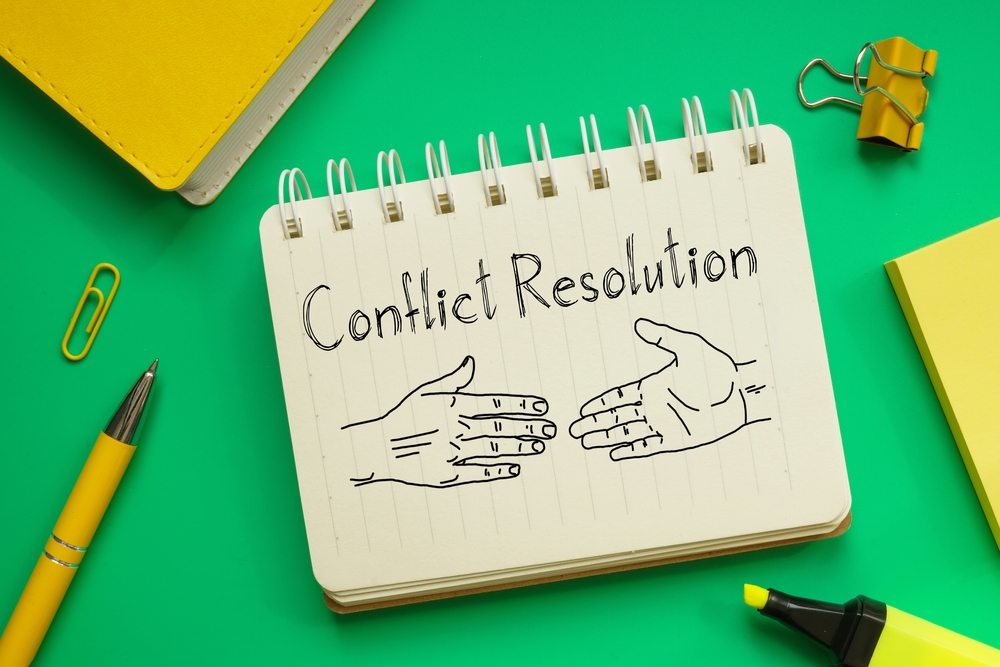Australian producers are hopeful a visit from the Chinese foreign minister could see an end to punitive trade barriers.
Despite China easing trade sanctions against Australia, several tariffs and impediments remain, primarily targeting wine, lobster and beef.
Beijing has flagged removing wine tariffs by the end of March.
Chinese Foreign Minister Wang Yi’s visit to Australia was a positive step, Australian Grape and Wine chief executive Lee McLean said.
He welcomed Beijing’s interim decision that recommended wine tariffs be scrapped.
“We remain cautiously optimistic about the forthcoming decision,” he told AAP.
“However, we are mindful that a return to the China market would not be a panacea for the challenges the industry is facing.”
Rock lobster industry boss Kyriakos Toumazos said the Chinese visit was “great news”.
“We are awaiting the re-establishment of a fantastic business relationship with China after many decades of supporting each other with international trade,” he said.
Chinese tariffs on Australian beef left many exporters out in the cold, Australian Meat Industry Council chief Patrick Hutchinson said.
Cattle Australia remained optimistic about the bilateral talks.
“We are hopeful this visit, the first from a Chinese foreign minister since 2017, will help progress removal of the temporary trade suspensions still imposed on a further eight processing facilities,” its chief executive Chris Parker said.
Mr Wang lands in Australia on Tuesday night before meeting with Foreign Minister Penny Wong in Canberra on Wednesday.
He will then travel to Sydney on Thursday to meet with business leaders. He will also meet former Australian prime minister Paul Keating.
Wednesday’s meeting will be the sixth between Senator Wong and her counterpart, and the first visit from a Chinese foreign minister to Australia in seven years.
The case of Yang Hengjun is expected to be raised after the Australian writer received a suspended death sentence on heavily contested national security charges.
It will be the first time the foreign ministers come face to face since the sentencing.
Human rights and China’s actions in the region, including the South China Sea and Taiwan Strait, will also be on the agenda.
Europe has sought to engage with Mr Wang and the Chinese government as it looks to play a greater role in the Indo-Pacific.
“What is important is to convey a very, very clear message at the highest level to the Chinese that we do not wish to see any unilateral attempts to change the status quo,” European Union envoy Richard Tibbels said.
Mr Wang met New Zealand counterpart Winston Peters in Wellington on Monday.
Dominic Giannini
(Australian Associated Press)





